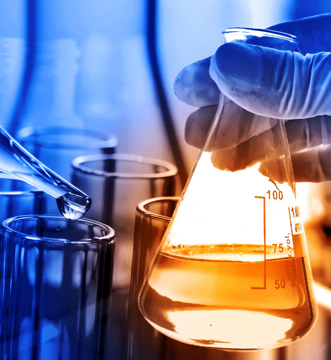

Forced Degradation Study (or Stress Testing) typically consists of Solid State and Liquid State Studies. Solid State Study involves the Exposure of Drug Substances or Formulations thereof to Environmental Stress Conditions Namely Heat, Humidity, and Light. Liquid State Studies relate to the Exposure of Drug Substance/Formulation to a range of pH values, Freezing, and Thawing. This is also referred to as Accelerated Stability Study.
|
Degradation Type
|
Experimental Conditions
|
Condition
|
|
Acid
|
0.1 N Hydrochloric Acid
|
Ambient
|
|
Base
|
0.1 N NaOH
|
Ambient
|
|
Oxidation
|
3 % Hydrogen Peroxide
|
Ambient
|
|
Photolysis
|
UV Lamp
|
Ambient
|
|
Thermal
|
Heat Chamber
|
60°C
|
|
Metal Ions
|
0.05 M Fe2 or Cu2
|
Ambient
|
|
Humidity
|
Stability Chamber
|
75 % RH or Greater
|

Forced Degradation
In ICH Q1A, Section 2.1.2 (Stress Testing), there are recommended Conditions for performing Forced Degradation Studies on Drug Substances (API) and Drug Products (Formulations).
The Recommendations are to examine the Effects of Temperature (above that for Accelerated Testing, i.e., >50°C), Humidity (≥75% Relative Humidity), Oxidation & Photolysis.
ICH Q1B gives recommended approaches to assess the Photo stability of Drug Substances and Drug Products. Forced Degradation Conditions are specified in Section II (Drug Substance) and Section III (Drug Product). Photo stability Testing can be performed on the Solid or in Solution/Suspension.
EFRAC has proven Competency and Adequate Capacity to undertake all such Degradation Studies across Various Drug Matrices. At EFRAC the dedicated analytical team is equipped with the necessity state-of-the-art facilities and technical expertise to ensure complete Drug safety for future generations.